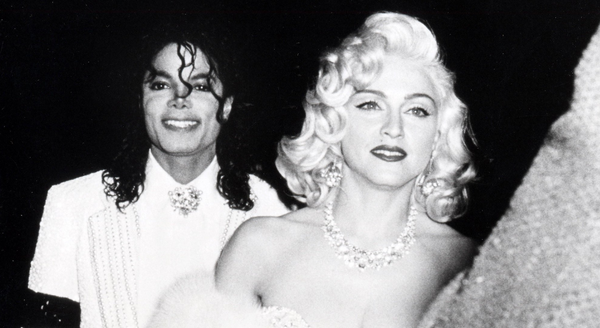The other day I was blissfully going about my business when I overheard a discussion between two people in which one person made the claim that everyone’s favorite artist, Beyoncé, was nothing more than a packaged personality meant to release music that is politically trendy. The person went on to negatively describe these so-called “trendy” topics as the movements in the Black community, such as the infamous Black Lives Matter protests and the various discourses on police brutality and shootings. The claim here to be debunked is that Beyoncé, as an artist, uses her own heritage and what is going on in the Black community for her own personal benefit. While I personally have not found myself to be an authority on the goings on of the star’s music, I can safely say for a number of reasons that Beyoncé’s music is not released with the intention of simply coming out on top of the mainstream charts.
The folks at "Saturday Night Live" have recently created a sketch that has epitomized the ideals of this argument. The sketch, entitled “The Day Beyoncé Turned Black” goes on to focus on the kinds of people that have problems with accepting artists of color once their color begins to show in their work. It even deals with the fact that most people did not have issues with Beyoncé’s work when she began promoting feminist ideals very strongly through her lyrics; yet now that she is beginning to focus on the intersection of her personal experience, many that generally don’t have to experience the negative aspects that come along with being a part of a marginalized group have had an inexplicably more difficult time accepting it.
To dissect these negative sentiments, we can examine the notion of an artist as a “package." A fairly sound identification can be made that it is difficult for someone in the limelight and under hyper-scrutiny to put oneself out into the open without some form of barrier. While I agree the claim that an artist cannot find themselves within some kind of package would be naïve, in the case of the arguments made against Beyoncé, this is certainly not the kind of package she seems to associate herself with.
The concept of a Black woman using her race to capitalize on a movement that is about the people is a dismal and fairly inappropriate one. The accusation would be accepting the concept of one single being as a representation of an entire race of complex people, which is an evidently flawed logic to build assertions upon. Her work speaks not on behalf of an entire race or gender, but may be intended to reach an understanding of how these issues affect her personally.
The other, and possibly more absurd aspect of this conversation is that a claim that any human being, regardless of fame, would capitalize on these movements because of their “trendiness” is almost completely inhumane. This makes the case that movements such as Black Lives Matter and the idea of caring about human lives that are consistently being lost are things that are merely trends. We can certainly hope that these movements have caught on in the public eye, not because it is the next hip thing in the discourse of the youth, but because people have decided that it is of great importance to care about the violence that is occurring and mostly targeted at a particular group of people. For an artist at the caliber of Beyoncé to discuss these issues in her art is not for the benefit of becoming part of a trend, but in a completely other sense, possibly to cope with the destruction that has been brought to divide a community and promote solidarity in standing out against it.
For movements such as these to become a part of the mainstream media is not at all in relation to the level of “coolness” it may bring to those that join. If it takes people that are greatly involved in the public eye to bring these issues to light for people that would normally not have to engage with them, then I fail to see the point in criticizing Beyoncé for exercising her gifts for the good of a politically charged statement, and more importantly, for the good of a community that she identifies with.





















